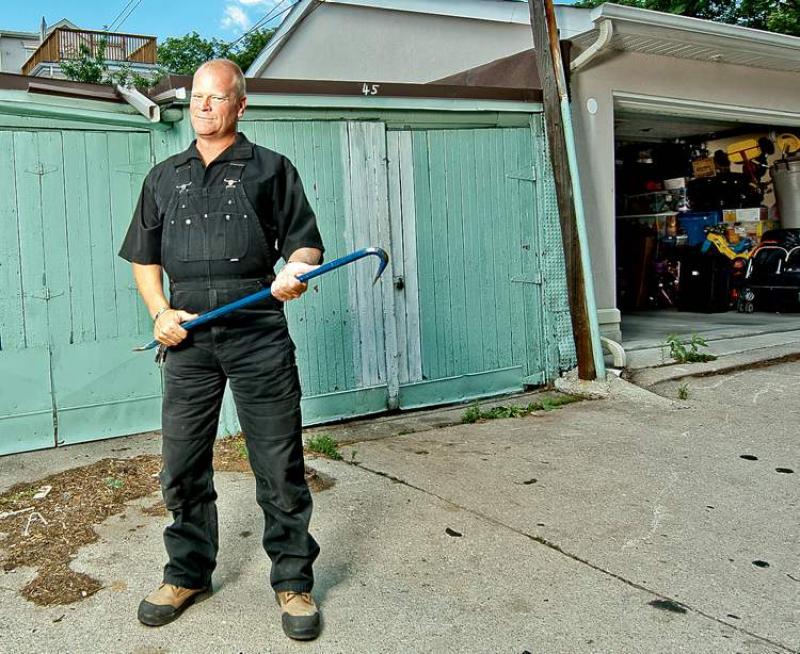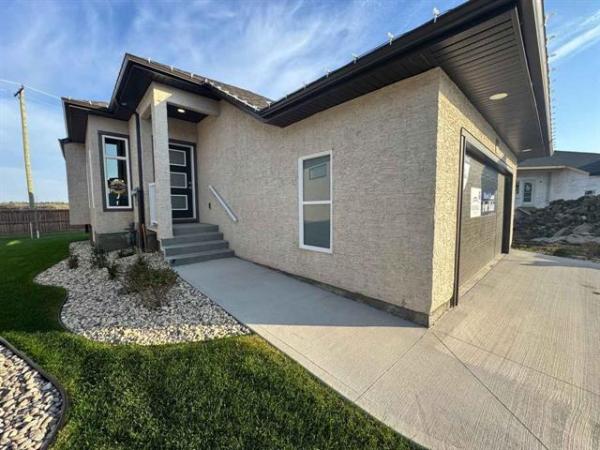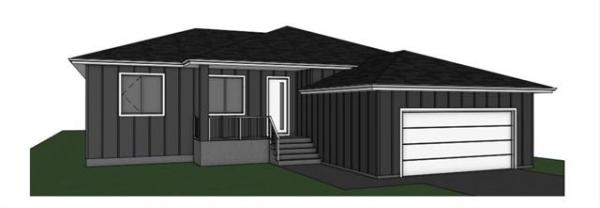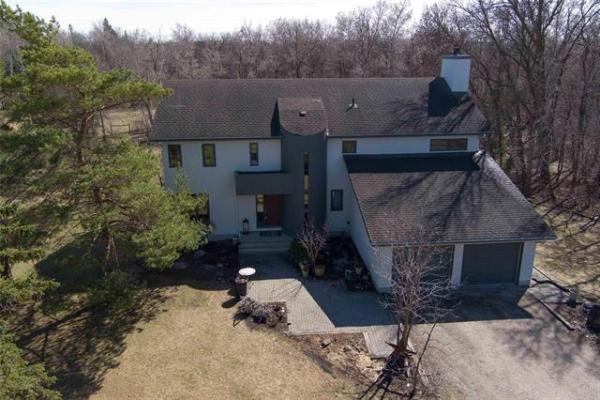I love my garage. I get some of my best ideas there. It's where I go to get away from all the chaos, to unplug and decompress. Actually, it's the reason I bought the property I live on in the first place. I'm just lucky there was a house there.
Garages are practical. Besides keeping your cars there, they're great to store tools, building materials and extra stuff such as tires and bikes. You can add a small workshop in the back too, depending on how much space you have.
When we talk about garages, there's attached and detached.
Attached garages
If your garage is attached, the most important thing is to make sure it's sealed. Why? To keep fumes, exhaust and carbon monoxide out of the house.
I can't tell you how many times I see new construction where they've used a wall cavity in the garage as a return-air duct to feed the furnace. You never want to use the inside of your garage as an air-return space.
First, you get debris being pulled inside your home. Your family breathes this every day. Not to mention that an open cavity -- which means there's no metal ducting -- can draw the exhaust from running vehicles in the garage into an open space behind the drywall.
I don't know why any builder would do this. But they do, and it's wrong. If there are vents going from your garage to the inside of your home, you need to get them redirected. You don't want to risk carbon monoxide coming inside the house. And call in a professional HVAC contractor to do the job.
You also need to make sure a fire starting in the garage can't spread to the inside of the home. How do you do this? By having a 20-minute fire-rated door between the garage and the inside of the house. The door shouldn't open into a bedroom, and it shouldn't have a pet door either.
The door should be about an inch thick and self-closing. All garages need a door-closer on the door. Think about it: Your car's running. Fumes are going to go inside the house. Not good.
I've also seen a lot of homes with rooms on top of the garage. If there's a room above the garage, it's going to be cold. Why? Because there's a lack of insulation or improper insulation. This is why we spray-foam garages. It gives us a thermal break. Not to mention closed-cell spray foam gives us a barrier between the carbon monoxide and the inside of the home.
Should all garages be insulated? It depends. What does your local building code dictate? Is there plumbing in the garage? If so, the plumbing has to be insulated. Is the garage heated? If it isn't, you don't want to insulate. Why not? Because insulating an unheated garage can cause mildew.
But if the garage is heated, you should definitely insulate. Use fibreglass, cellulose, foam board or closed-cell spray foam. If it were my garage, I'd go with spray foam. Then cover it with drywall for fire resistance.
Attached garages are one of the biggest sources of heat loss. Why? Because of air leakage. Garage doors are big. A lot of air can get by them. To stop this, you should look into getting tube-shaped stripping for the bottom of the doors. The tube stripping forms a seal when it compresses against the floor of the garage.
Detached garages
A detached garage eliminates the risk of dangerous fumes coming into the house, so you don't have to worry about making it super-sealed. All you have to worry about is that it's the right structure and the right size.
Building a detached garage means you can make it as big as you want, or as big as your lot allows. For me, the bigger the better. But even if you don't want a big garage, make it slightly larger than you need -- if you can.
After going through the trouble of building, make sure you've got enough space. You never know when you might need more room to store new tools, equipment, or even a new toy. Depending on the materials you use, the extra space could be worth the extra cost.
Most people don't think about their garages when it comes to renovations, but it's important. If it's attached to the house, it will affect your home's safety and energy performance. It's worth bringing in a certified inspector to make sure it's properly sealed and up to code.
If you're going to build a detached garage, make sure you hire a pro. Check references and take a look at other garages they've built. See how they've held up through the seasons. Speak to past clients. Are they happy with the contactor's work? Doing your homework can save you money and a world of grief.
-- Postmedia News
Catch Mike in his new series, Best of Holmes on Homes, Tuesdays at 9 p.m. on HGTV. For more information, visit hgtv.ca . For more information on home renovations, visit makeitright.ca




